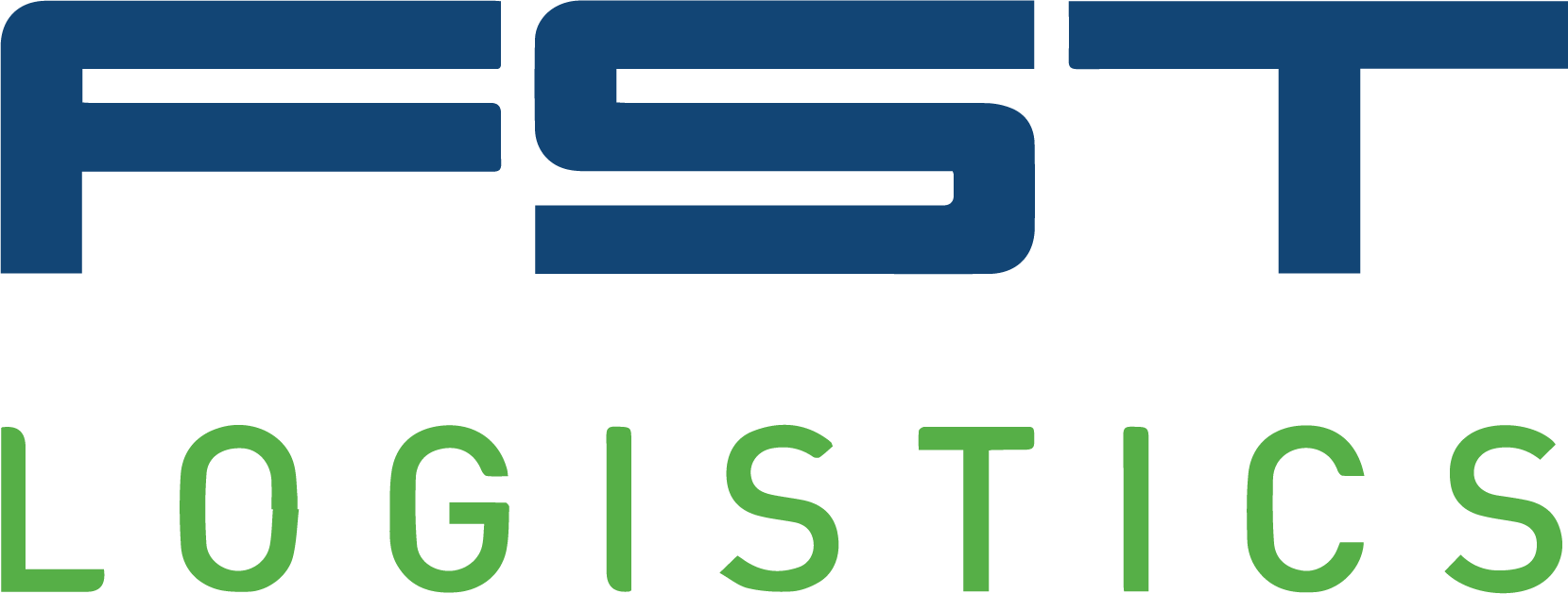The Vital Role of Safety Scores in Selecting a 3PL Partner
In the dynamic world of logistics and supply chain management, choosing a third-party logistics (3PL) partner can make or break your business operations. Among the multiple factors to consider when selecting a 3PL partner, one that should be of high importance is safety. Safety scores serve as a crucial metric for assessing the reliability, integrity, and efficiency of a 3PL provider across various facets of their operations, including warehousing, transportation, brokerage services, and dedicated fleet operations. Let’s dive into why safety scores are indispensable in the selection process and how they impact each aspect of the logistics chain.
Warehousing: Protecting Assets and Operations
Warehouses are pivotal hubs in the supply chain, acting as repositories for valuable inventory and facilitating seamless distribution. Safety scores in the context of warehousing encompass a range of factors, from adherence to occupational health to safety standards to efficiencies in day-to-day operations.
1. Asset Protection: A high safety score indicates a 3PL’s commitment to safeguarding not only their assets but also those entrusted to them by clients. This includes measures to prevent inventory theft, damage, or loss by implementing advanced security systems, access controls, and surveillance mechanisms.
2. Workplace Safety: Safety scores also emphasize maintaining a safe working environment for warehouse personnel. This involves compliance with regulatory guidelines, regular safety training, and adopting practices to mitigate the risk of accidents or injuries.
3. Operational Efficiency: A 3PL can enhance operational efficiency within the warehouse by prioritizing safety. Streamlined processes, optimized layouts, and meticulous inventory management contribute to smoother workflows and quicker turnaround times, benefiting the client through faster order fulfillment and reduced lead times.
Transportation: Navigating the Road to Reliability
In transportation logistics, safety scores are pivotal in evaluating a 3PL’s capability to deliver goods securely and punctually while minimizing risks associated with road accidents, regulatory violations, and cargo damage.
1. Fleet Safety: A comprehensive safety program encompasses regular vehicle maintenance, driver training, and adherence to hours-of-service regulations to ensure the safe operation of transportation assets. A safety score signifies a commitment to fleet maintenance and driver accountability, reducing the likelihood of breakdowns or accidents on the road. Having a lower safety score leads to better performance from carriers.
2. Compliance and Regulatory Adherence: Transportation safety scores also reflect a 3PL’s compliance with industry regulations and standards governing the transportation of goods. This includes adherence to weight restrictions, proper documentation, and compliance with driver qualification requirements, all essential for mitigating legal risks and maintaining regulatory compliance.
3. Risk Management: By prioritizing safety in transportation operations, a 3PL can effectively manage risks associated with cargo damage, theft, or delays. Proactive risk mitigation strategies, such as route optimization, real-time tracking, and contingency planning, help minimize disruptions and ensure timely delivery of goods to their destination.
Brokerage: Building Trust through Transparency
In brokerage services, safety scores are a hallmark of reliability and transparency, instilling confidence in clients and carriers by demonstrating a commitment to ethical business practices and risk mitigation.
1. Carrier Screening and Selection: Safety scores provide valuable insights into the track record and reliability of carriers partnered with a brokerage. By prioritizing carriers with high safety ratings, a brokerage can mitigate the risk of cargo damage, delays, or disputes while fostering long-term relationships based on trust and mutual respect.
2. Regulatory Compliance: Brokers play a pivotal role in ensuring carriers comply with regulatory requirements and industry standards throughout transportation. There is specific industry-leading carrier onboarding technology that Brokers should utilize to justify these relationships. Safety scores are a barometer for assessing a broker’s diligence in vetting carriers and verifying their compliance with relevant regulations, reducing the risk of legal liabilities or compliance breaches.
3. Transparency and Accountability: A brokerage can build trust with clients and carriers alike by prioritizing safety and transparency. Transparent communication, fair pricing, and adherence to ethical business practices are integral to fostering collaborative partnerships built on integrity and accountability, ultimately enhancing the overall reliability and reputation of the brokerage.
Dedicated Fleet: Delivering Safety and Dependability
Dedicated fleet operations offer a tailored solution for businesses requiring consistent, reliable transportation services while maintaining control over their assets and operations. Safety scores are instrumental in evaluating the efficacy of a dedicated fleet provider in delivering goods securely and efficiently while also minimizing risks associated with fleet management and driver performance.
1. Asset Management: A dedicated fleet provider with a high safety score is committed to maintaining and managing transportation assets with utmost care and diligence. This includes regular maintenance schedules, thorough vehicle inspections, and the implementation of advanced technological systems to monitor vehicle health and performance in real time, ensuring optimal operational efficiency and minimizing the risk of breakdowns or accidents on the road.
2. Driver Training and Compliance: Safety scores emphasize driver training and compliance with industry regulations and safety standards. Dedicated fleet providers prioritize driver safety through comprehensive training programs, ongoing performance evaluations, and strict adherence to hours-of-service rules, reducing the likelihood of accidents, injuries, and regulatory violations while promoting safe driving behaviors and professionalism among their personnel.
3. Customized Solutions and Service Excellence: Businesses can benefit from customized transportation solutions tailored to their specific needs and operational requirements by partnering with a dedicated fleet provider with a strong safety track record. From route optimization and load planning to real-time tracking and proactive risk management, a reliable dedicated fleet provider prioritizes service excellence and customer satisfaction, leveraging safety scores as a benchmark for performance and accountability.
In conclusion, safety scores are indispensable for evaluating a 3PL as the right partner across warehousing, transportation, brokerage, and dedicated fleet operations. By prioritizing safety and reliability, businesses can mitigate risks, enhance operational efficiency, and build trust with their logistics partners, laying a solid foundation for sustained growth and success in an increasingly complex and competitive marketplace.


